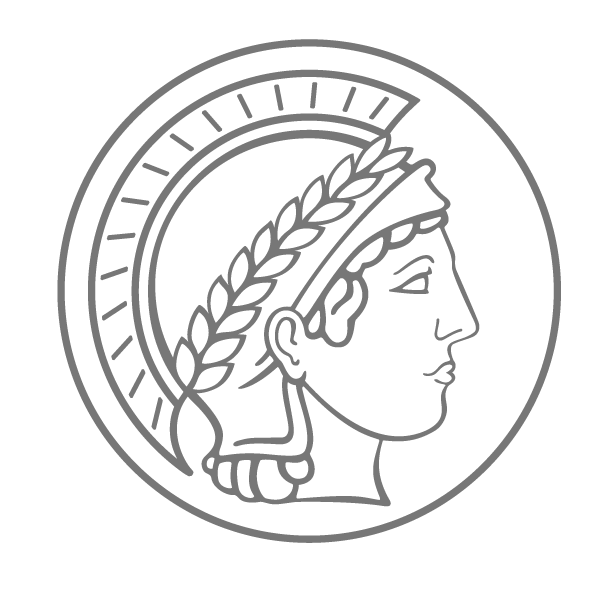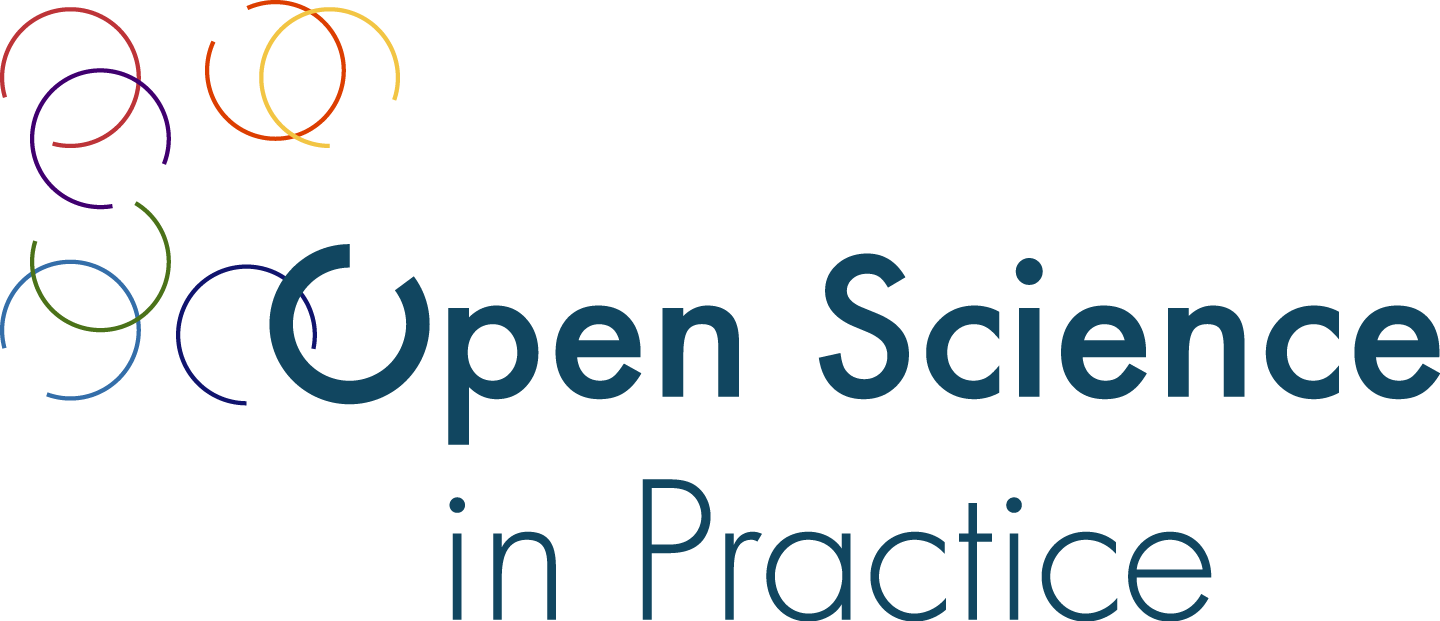Open Education
The openness movement within education intends to remove barriers to institution-based learning through a better access to participation and recognition. The first collection of open educational material was initiated by the Massachusetts Institute of Technology in 2002. The goals and intentions of the movement were then specified in the Cape Town Open Education Declaration in 2007.
An important pillar of open education are Open Educational Resources (OER). The goal is to provide quality teaching, learning and research materials in any kind of medium that are open to revise, reuse, remix and redistribute. While these materials are not necessarily digital many are collected and provided online. A common form of digital open education are Massive Open Online Courses (MOOC).
Besides the provision of educational material, open education is also invested in promoting collaboration between people across institutions, institutional systems and geographical locations as well as to create knowledge openly and integrate formal and informal learning practices, networks and identities. This wider definition seeks to address issues of power within educational institutions and to re-conceptualize participation and emancipation within the systems of (open) education.
Since the MPG is, in contrast to universities and other higher education institutions, not primarily engaged in education, there are few examples of open education practices from individual Max Planck Institutes. The Max Planck Institute for Evolutionary Anthropology, however, provides open educational materials on Evolution, Behavior and Sustainability Sciences. Additionally, with the www.max-wissen.de platform the Max Planck Society seeks to communicate aspects of its diverse research in an easy to understand manner for teachers and school classes. The Max Planck Foundation also supports the collaborative educational platform “Enabla“.
Further Reading
- UNESCO “Open Educational Resources”: https://www.unesco.org/en/open-educational-resources
- EU Science Hub “What is open education?”: https://joint-research-centre.ec.europa.eu/what-open-education_en
- Bundesministerium für Bildung und Forschung “Open Educational Resources (OER)”: https://www.qualifizierungdigital.de/qualifizierungdigital/de/projekte/open-educational-resources-oer.html
- Opensource.com “What is open education?”: https://opensource.com/resources/what-open-education
- OER Commons: https://oercommons.org/


